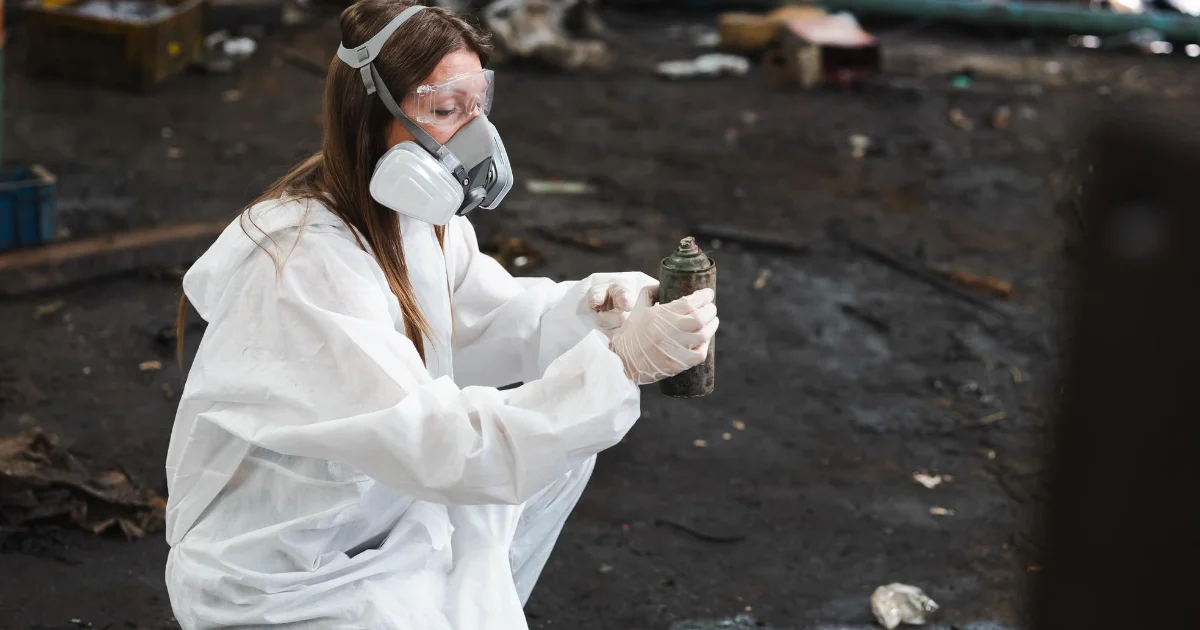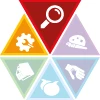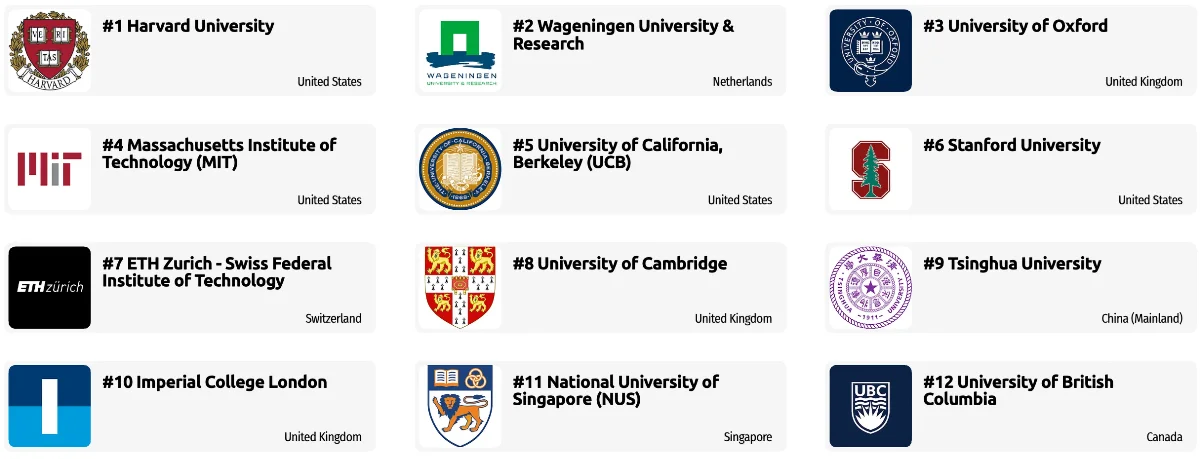Inspector

Inspectors should be great at:
- Estimating sizes, distances, and quantities; or determining time, costs, resources, or materials needed to perform a work activity.
- Observing, receiving, and otherwise obtaining information from all relevant sources.
- Identifying information by categorizing, estimating, recognizing differences or similarities, and detecting changes in circumstances or events.
- Inspecting equipment, structures, or materials to identify the cause of errors or other problems or defects.
Supervisor

Any supervisor should excel at:
- Monitoring and reviewing information from materials, events, or the environment.
- Detecting or assessing problems whether real or potential.
- Monitoring and controlling resources and overseeing the spending of money.
Other work activities related to Environmental science and protection technicians, including health
- Recording testing data and preparing reports, summaries, or charts for interpreting the tests results.
- Collecting samples of gases, soils, water, industrial wastewater, or asbestos products to conducting tests on pollutant levels or identifying sources of pollution.
- Providing information or technical or planning assistance to government representatives, employers, or the general public on the issues of public health, environmental protection, or workplace safety.
- Calibrating microscopes or testing instruments.
- Making recommendations for controlling or eliminating unsafe conditions at workplaces or public facilities.
- Inspecting sanitary conditions at public facilities.
- Preparing samples or photomicrographs for testing and analysis.
- Determining amounts and kinds of chemicals to using in destroying harmful organisms or removing impurities from purification systems.
- Discussing testing results and analyses with customers.







